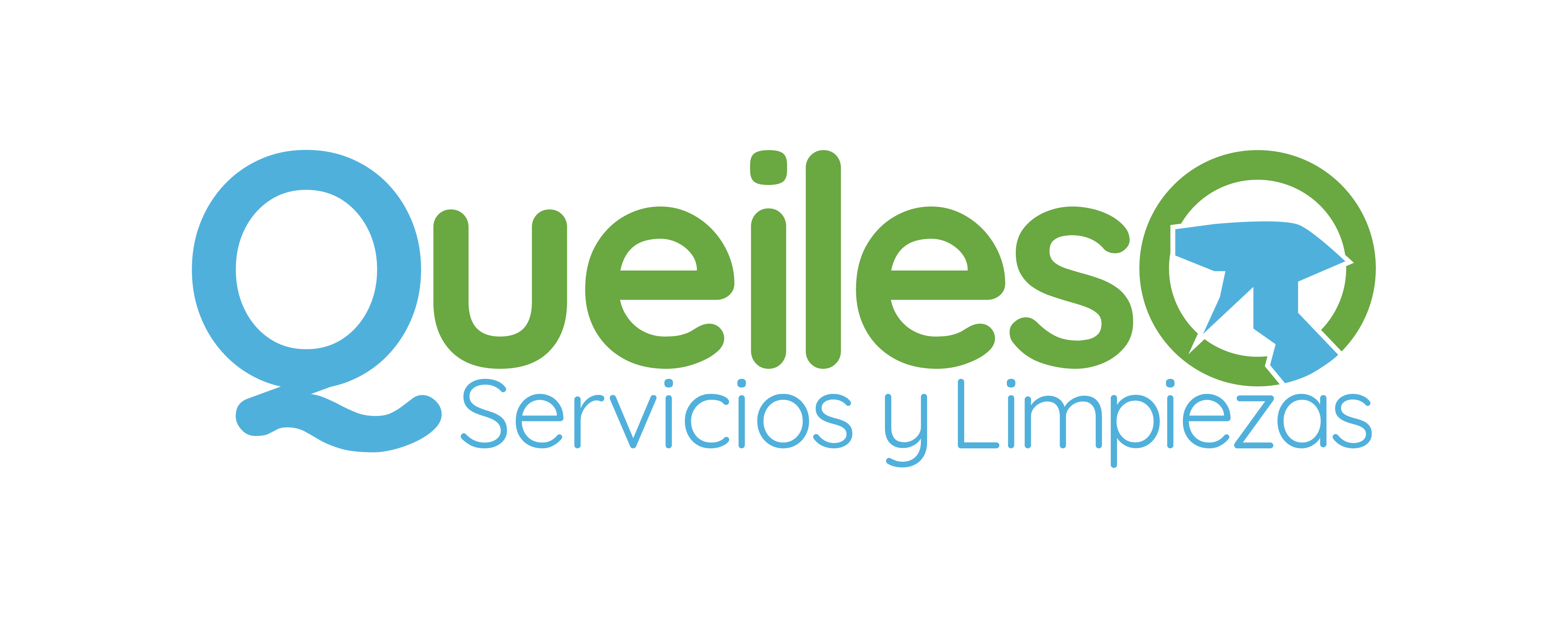Controlled Access to Confidential Data
Data access restrictions play a key role in keeping confidential information safe and private. They prevent unauthorized users from accessing sensitive data and systems, thus restricting access to data only to trusted users who have earned the right through rigorous vetting processes.
This includes the vetting of projects, training for researchers and the use of virtual or physical secure lab environments. In some cases an embargo is necessary to safeguard research findings until they are ready to be published.
There are numerous access control models, such as discretionary access control (DAC), in which the owner or administrator determines who is granted access to specific resources, systems, or data. This model is flexible however it could create security risks since individuals may accidentally allow access to people who should not be granted access. Mandatory Access Control is a non-discretionary system that is used in government and military settings. Access is controlled according to information classifications and clearance levels.
Access control is necessary to meet the requirements of industry compliance to protect information and ensure safety. By implementing best practices for access control and adhering strictly to pre-defined policies organizations can demonstrate Recommended Site that they are in compliance with audits and inspections. They can also avoid penalties and fines and ensure trust among customers or clients. This is especially important in situations where regulations such as GDPR, HIPAA and PCI DSS apply. By regularly reviewing and updating access privileges for both former and current employees, organizations can ensure they don’t have sensitive information accessible to unauthorized users. This requires a careful review of permissions and making sure that access is automatically removed when employees leave the company or change their roles.

